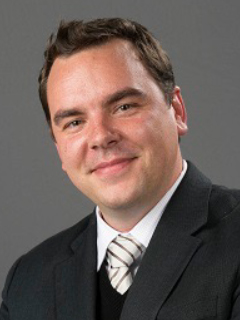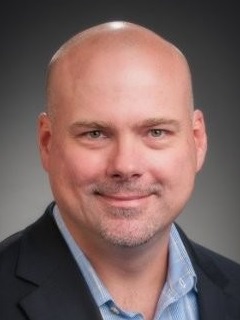Medtech’s top 5 challenges from legacy sales models
Now is the time to evolve your sales model

By Alex Tolmasoff, Director, KPMG Sales Transformation and HCLS Lead
In our first blog in this series, we talked about the 6 market trends and challenges medical device companies face that are hampering the number of providers and patients you can sell to.
At the same time, legacy commercial model issues also hinder growth. If your sales organization has a traditional approach, here are the top 5 issues that could impact your results and cause you to lose revenue or fail to capitalize on opportunities:
1
Difficulty executing go-to-market strategies across segments
- Channel mix and routes to market depend on your specialty focus and various sites of care (e.g., hospital vs. Ambulatory Surgical Center (ASC))–this makes scaling hard and requires constant fine tuning to optimize productivity, such as multiple reps calling on the same site of care
- Powerful distributor fiefdoms that have not been refreshed in years can lead to unclear segmentation, misaligned incentives, and poor ROI in distributor-led regions
- Ineffective inside sales models (which are not in the traditional medical device DNA) deployed for disposable, service, or software offerings, may not get scale from technology, data, or process improvements
- Underinvested commercial operations and customer insights functions that could drive sales and marketing plays don’t have adequate resources, talent, or status within the organization
2
Difficulty coordinating across device and non-device lines of the business
- Different and non-compatible offerings between traditional device businesses and newer software and service businesses prevent scaling up sales models and coordination challenges, creating above-normal sales costs and sales headcount
- Complementary offerings are poorly integrated, value messages unclear, and mismatched cultural style prevents well-intentioned teaming
3
Outmoded, expensive sales motions with new exposure to “hybrid” models
- Traditional field sales “hunter” and “farmer” type models are expensive with challenging ROI when compared to digitally powered hybrid selling teams
- A shift toward digital selling and enablement during COVID-19 created more reliance on automation, commercial operations, and marketing, and increased the need to coordinate across the front office
- Investments in medical device hybrid selling models due to COVID-19 are also welcomed by providers, as it aligns well with how they’ve adapted to hybrid work
- Investments in digital and commercial projects and/or commercial operations realignments and reorgs were pulled forward and are now being met with a “why go backwards” attitude
4
Outdated legacy sales talent
- Many medical device industry reps have been in their roles for 15+ years–these legacy sellers are often less open to using and selling new technology
- Some of these legacy sellers focus on maintaining their base and have a laundry list of reasons that they cannot change accounts or compete for new business, making it more difficult to adapt and compete with more nimble competition
- Organizations without refreshed talent strategy or competency models can end up held hostage by high-cost resources that cannot execute new strategies with new products or customers
5
Lack of modern customer success capabilities
- Organizations that lack the capability to provide insights to customers that help reduce healthcare costs and increase patient population health often struggle to avoid pricing and procurement conversations
- Many customer and account coverage models typically only engage as needed to win steady-state business or get reorders / renewals, leaving money on the table to deepen relationships or increase cross sell and upsell opportunities
It’s time for a transformation to a more modern sales approach. Your selling model should be structured to help you go to market across customer segments and new digitally enabled ways of selling and servicing customers. And your talent strategy, training, goal setting, and incentives should be aligned to your growth drivers and market-driven insights.
KPMG can help you improve the ROI on your sales investments. We’ll help you manage winning sales strategies, processes, and talent with connected insights.
See the next blog in our series on how you can refresh your model.
Explore more
Meet our team


Subscribe to Customer First: Real Insights
Get practical advice on transforming key areas of your business to thrive in today’s customer-led world. Subscribe to our Customer First: Real Insights.
